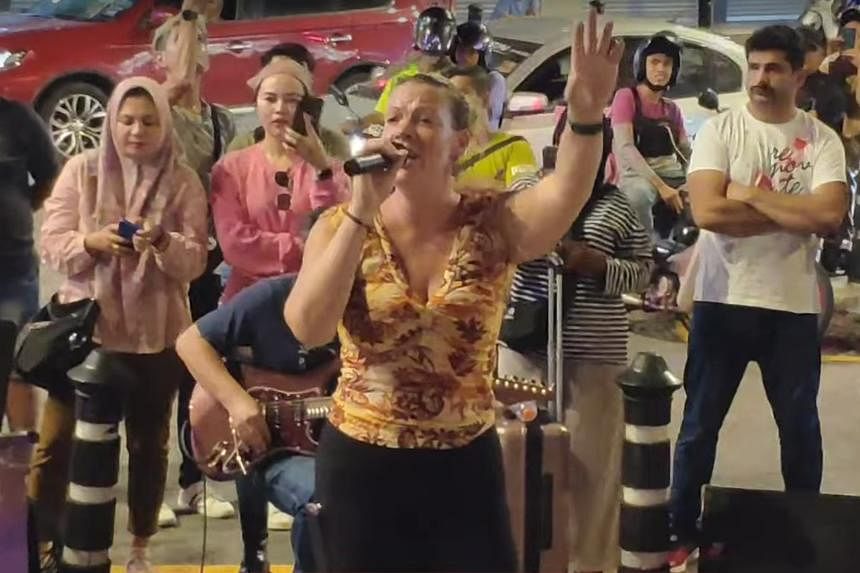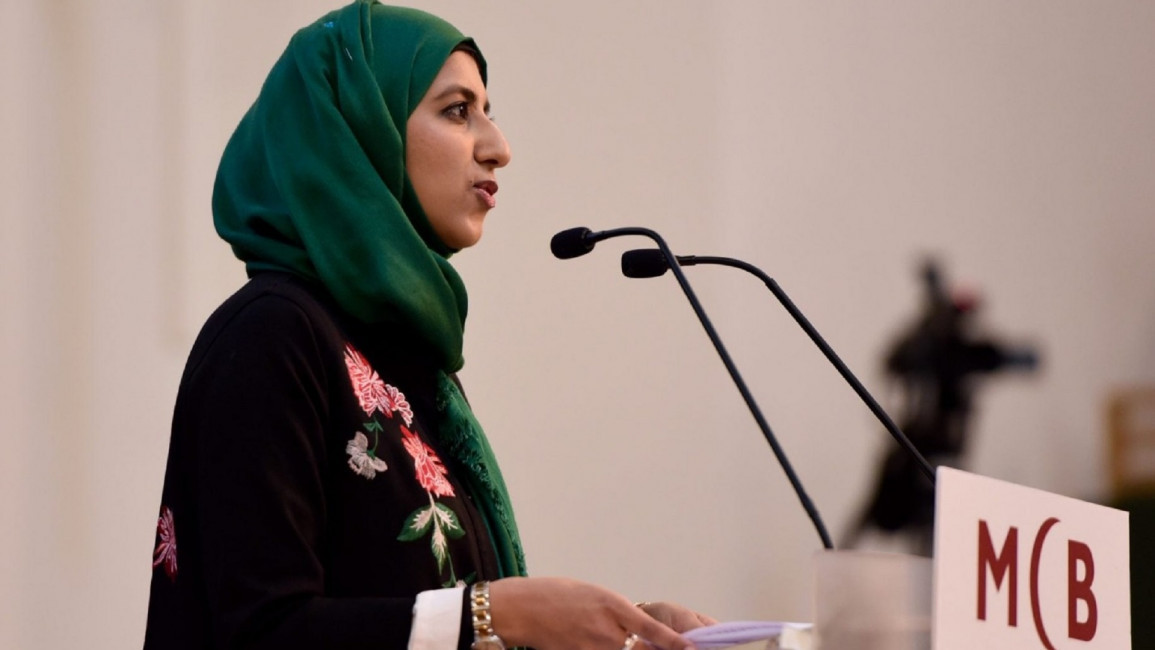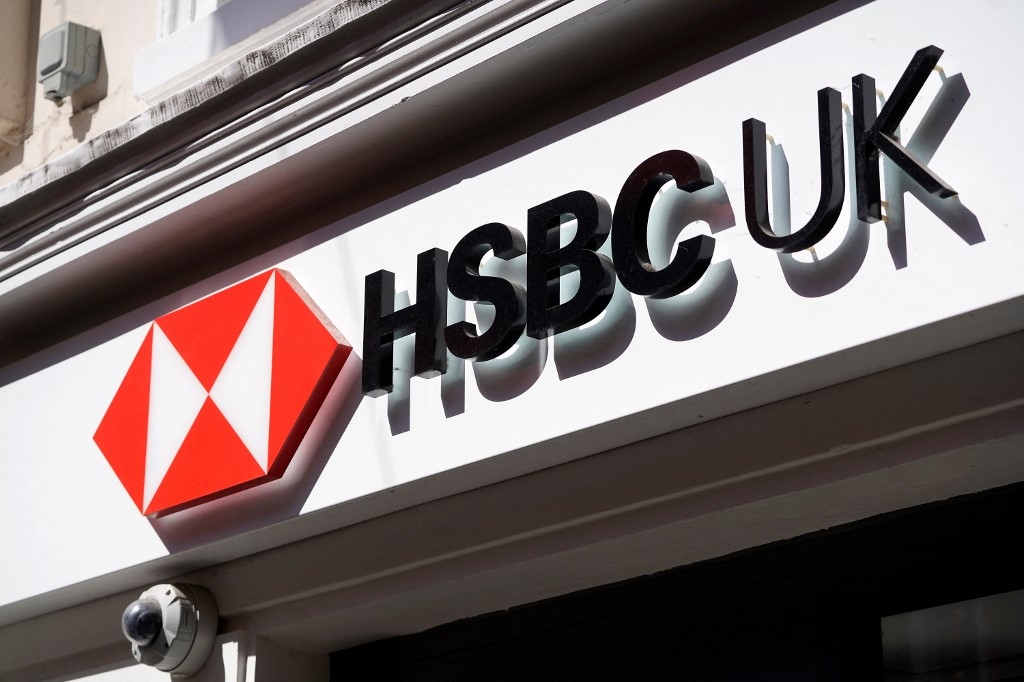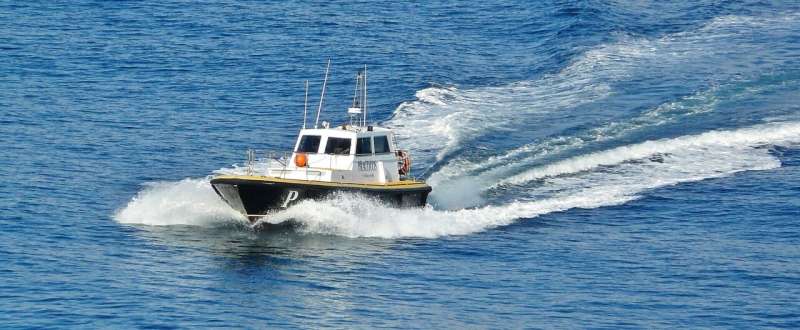Fayez Sara
Thursday - 3 August 2023
Turkiye continues to deport Syrians to the Turkish-controlled regions in Northwestern Syria. These areas are governed by groups affiliated with Türkiye, the most prominent of which include the Syrian Interim Government formed by the National Coalition for Syrian Revolutionary and Opposition Forces, and Syrian National Army factions. Alongside them are Hayat Tahrir al-Sham (which is led by Al-Qaeda's Abu Mohammad al-Jolani) and its Syrian Salvation Government.
Tens of thousands of Syrians have been deported over the past three months. Turkish government sources put the number at around 36,000, the majority of whom are young people who had been seized by police patrols on the street, in public squares, or during raids on Syrians’ homes and Turkish or Syrian owned establishments that employ Syrians. The authorities justify these deportations with claims that the individuals forced out of the country had violated residency regulations, either because they did not have proper documentation or did not have these documents on hand. The arrests are usually terrifying, with intense duress and intimidation commonplace, particularly if the detained individual does not speak Turkish.
Moreover, the process is fraught with uncontestable misconduct. First and foremost, these deportations violate international law, which prohibits the repatriation of refugees (regardless how they had entered) to anywhere other than the place they came from or to unsafe locations. The Turkish authorities are well aware that most of the deported individuals had not fled from regions in Northwestern Syria that they are being sent to, and that Northwestern Syria is far from safe. Indeed, it is brimming with corrupt warlords and militias affiliated with Al-Qaeda like Hayat Tahrir al-Sham, which is led by Jolani. With assassinations, bombings, and forced disappearances rampant, residents cannot meet their basic needs, let alone those who are forcibly relocated.
The second grave failing of the deportation process is its disregard for legal procedures despite Türkiye generally adhering to the rule of law. The law should be applied equally to everyone within its borders, be they citizens, residents, visitors, or residents without legal status. Deportation, particularly when it is abrupt and discretionary, demands a keen examination of requisites and implications, including an assessment of the destination’s appropriateness. The judiciary should be tasked with determining the legality of such operations and whether the measures harm the individual, others, or the Turkish state itself. These procedures should not be left, as they currently are, solely to the discretion of the police, yet this is precisely what is happening.
The most consequential problem engendered by these deportations harms Syrians and Turks alike. Indeed, the way these deportations are carried out has created a climate of fear among the Syrian community, undermining the sense of security and stability they had painstakingly built during their years in Türkiye. Many started from nothing after arriving as refugees, and have since built homes, gained meaningful employment, learned Turkish, and sent their children into schools and universities. The abrupt and arbitrary deportations, particularly when the family's breadwinner and children are forcibly expelled from the country, put everything they had meticulously built with their blood, sweat, and tears in jeopardy, pushing many Syrians to reconsider their future in Türkiye and to contemplate limited and challenging alternatives.
The repercussions that this misconduct creates are far less dangerous than the social media posts depicting them, which are often accompanied by images and narratives that fuel bitterness, animosity, and even racism against Turks. Indeed, this is deeply concerning at a time when both Syrians and Turks should be nurturing sentiments of goodwill, kinship, and collaboration. The fact that these are deeply connected neighboring nations makes this all the more pressing. Furthermore, 3.5 million Syrians currently reside in Türkiye, making the need for empathy and understanding between the two communities an urgent priority.
The manner in which the deportations are being conducted thus genuinely adversely impact Turks as well as Syrians, as it reflects negatively on Türkiye's image. It exposes Türkiye’s violation of its obligations to international law and shed doubt on its status as a just country of laws. These actions have no acceptable justification, even as Turkish authorities constantly reiterate their commitment to ensuring that Syrian refugees can live normally.
There is another way in which these actions negatively affect the Turks. They fuel racist attitudes against Syrians and Arabs in general, which have gotten worse in recent years; besides damaging the Turks' image, then, these actions undermine Türkiye's ties to Arab countries. This comes at a time when the Turkish government is striving to resolve its problems and restore its relationships with the Arabs, including the countries with which it has had fraught relations for years.
To sum up, there is an urgent need to address this issue. It must be placed in a framework that goes beyond the current circumstances in Syria. The deportations must be informed by the broader perspective of neighborly relations and the fraternal ties between these two peoples, as well the opportunities for the two countries to cooperate in the future. Greater scrutiny is needed to understand the context, and the deportations must be carried out within a legal framework that accounts for both humanitarian and Turkish law. Taking these measures would help contain the negative repercussions on both Arabs and Turks, and it would stop Turkish-Syrian relations from declining further, both now and in the future.

















